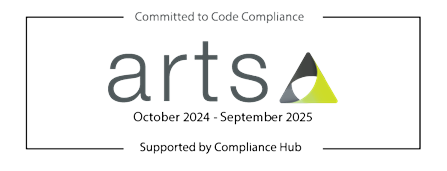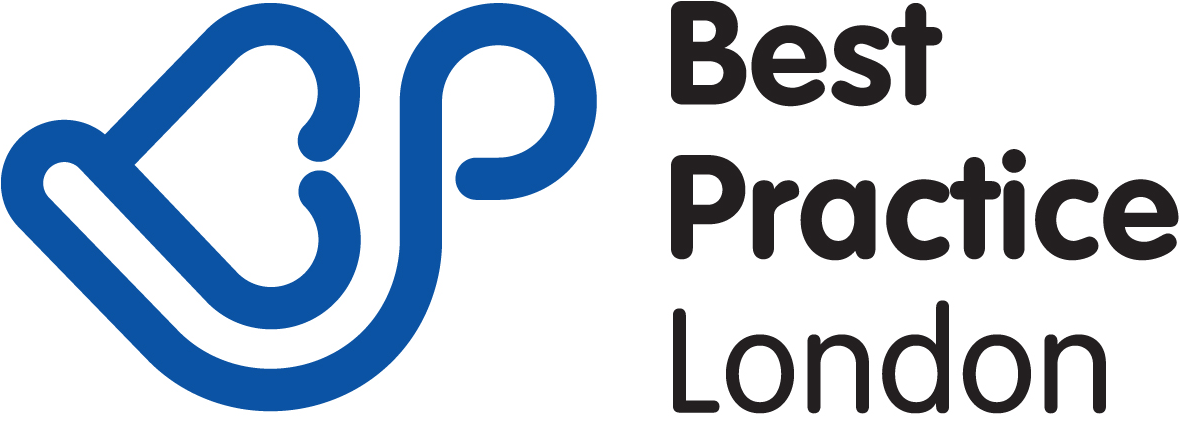Charging for GP appointments will never work, say PMA
)
Sajid Javid described the present model of the NHS ‘unsustainable’, adding “Too often we hear doctors and nurses frustrated at people making unnecessary trips to frontline services, which takes time from other patients. Would the same level of demand exist here if this Irish model were adopted? This extends to GP appointments.”
In the Republic of Ireland, 70% of the population are charged a fee to see the GP. However, in a cross-sectional survey of patients carried out in Northern Ireland, where services are free, and the Republic of Ireland, results showed that amongst paying patients, it was the poorest and those with the worst health who were most affected.
Dr Simon Hodes, who tweeted the survey findings, asked: “Which staff would police this? And how can we ask patients to come for routine reviews or checks without being branded money making rather than caring?”
He added: “Like prescription fees, many would be exempt.”
Debates over NHS charges are not new, and many developed countries charge users to access primary care - often through a flat-rate co-payment.
The Head of the Department of Primary Care & Public Health at Imperial College London, Professor Azeem Majeed, however, says there is a lack of evidence on such fees and some European countries with user fees for primary care access have seen lower healthcare utilisation.
“This is based on the assumption that patients can safely and effectively distinguish between necessary and unnecessary care,” he said. “In reality, preventive care and chronic disease management are both likely to decline, with patients delaying presentation until costly crises occur.
“Expectations in the NHS are already high, and user fees may further increase expectation of a return on investment. Doctors may feel pressure to provide prescriptions and referrals, or carry out investigations, to satisfy patients who have paid to see them.
“User fees are promoted as a remedy to current NHS challenges. However, primary care workload and NHS deficits are symptoms of deeper problems, such as shortages of staff, and reactive and fragmented care.”
Social Gerontologist Dr Robin Hadley added that ethical dilemmas would also arise as to the use of follow ups. “Ultimately, the wealthier get better healthcare and the inequality gap widens,” he added. “Health insurance is already sky rocketing.”
Ian Jones, PMA Director, said: “This is another subject that keeps cropping up but our response will always be the same – it simply isn’t workable.
“I would urge those in government to listen carefully to the concerns of those working in primary and secondary care who have brought up extremely valid reasons why this would not be the right way forward.”
Last year, Rishi Sunak set out plans to charge patients £10 who miss GP or hospital appointments during his campaign for leadership but has since backtracked on these proposals.
All PMA Press Releases can be accessed here: https://pma-uk.org/press-releases/



